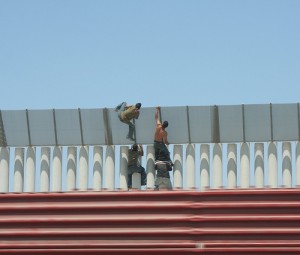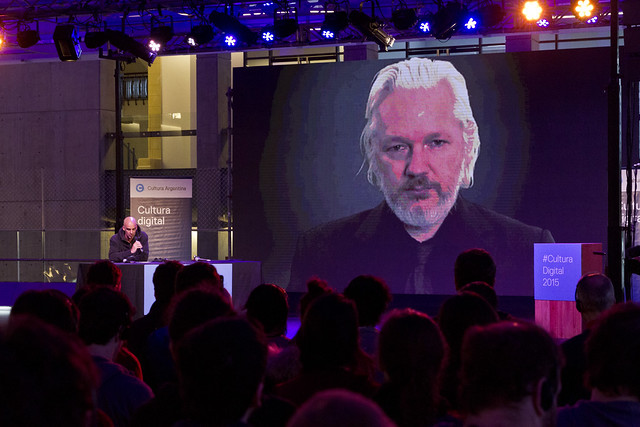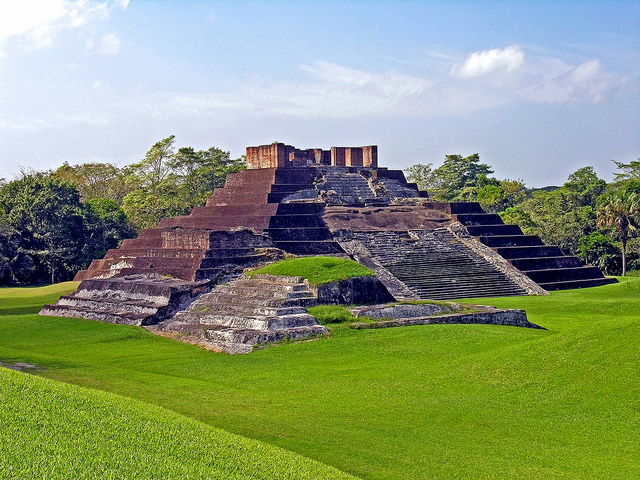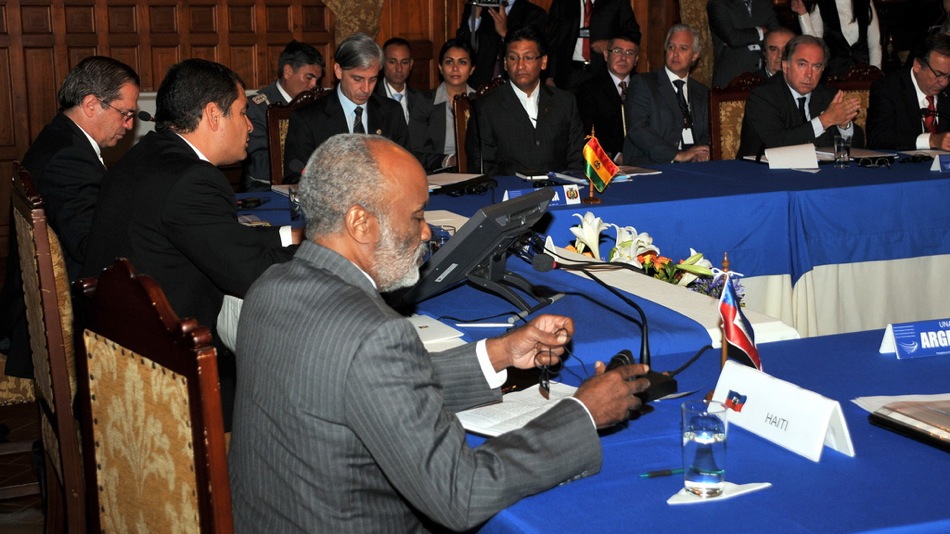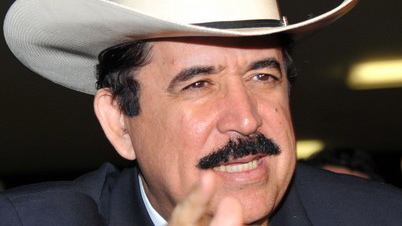
Latin America: Week in Review
Illegal Immigration Declined In 2009, Says Department Of Homeland Security
February 11, 2010 By Staff
Today in Latin America
Top Story — A report issued by the Department of Homeland Security (DHS) Wednesday said that the number of undocumented immigrants in the United States in 2009 decreased by 800,000 from 2008.
In January of 2008, there were 11.6 million undocumented immigrants in the United States, while a year later there was 10.8 million, according to the DHS.
The recession may have played a role in this decline, as employment opportunities for immigrants became scarcer. A study published by the Inter-American Dialogue last August said that migrants have “suffered disproportionately compared to other groups across several economic indicators,” including above-average unemployment levels.
Analysts still lack the hard evidence necessary to attribute the decline in unlawful immigration, however. A study by the Pew Hispanic Center from June of last year found “no support” for the hypothesis that the current recession had prompted a significant increase in the number of Mexican-born U.S. residents choosing to return home. (The Pew study did not distinguish between documented and undocumented immigrants.)
The DHS report also stated that 63 percent of the undocumented immigrants living in the United States in 2009 came to the country before 2000 and approximately two of every three undocumented immigrants came from Mexico.
California led the nation as the state with the most undocumented immigrants, followed by Texas, Florida, New York and Illinois.
Follow this link to view the complete DHS report.
Headlines from the Western Hemisphere
North America
- A ruling by Mexico’s anti-trust regulator on business mogul Carlos Slim’s $21 billion plan to consolidate his telecommunications assets could be imminent. Slim announced in January that he wants to move control of his Mexican and regional fixed-line operators to his America Móvil cellphone company.
- Mexican authorities arrested five Tijuana police officers allegedly involved with the country’s drug cartels. The arrests came after a raid of a house where six cartel members were also arrested and two rival gang members were found captive. Two of the police officers, Francisco Ortega and Juan Carlos Espinoza, were slated for promotions that would have them in charge of Tijuana’s La Mesa Zone.
Caribbean
- The Obama administration presented plans for an “Interim Haiti Recovery Commission” to the Haitian government some time in the last few days.
- A panel of Cuban experts discussed and debated the topic of racism on local television for the first time. The Cuban government has long claimed the Revolution extinguished racism.
Central America
- The World Bank announced Wednesday it will resume sending aid to Honduras, which the Bank had frozen after former President Manuel Zelaya was overthrown by the country’s military last summer.
- Russian Foreign Minister Sergei Lavrov is expected to be in Latin America from February 11 to 15, where he will visit Cuba, Nicaragua, Guatemala and Mexico.
- Talks of a free-trade agreement between Panama and Colombia began Wednesday. The talks come as exports from Colombia to neighboring Venezuela took a fall after last year’s pledge by Venezuelan President Hugo Chávez to end imports from Colombia.
Andes
- Colombian President Álvaro Uribe and Ecuadorean President Rafael Correa met for an informal talk Tuesday during a lunch recess at the Union of South American Nations meeting in Quito. This was the first public meeting of the two heads of state since the countries broke diplomatic relations in 2008.
- Customs officers in Amsterdam’s Schiphol airport seized more than $1.5 million worth of cocaine in a shipment of roses from Colombia. The cocaine was in cellphone packets shipped with the flowers. Colombia plans to ship 500 million flowers around the world for Valentines Day.
- After Venezuelan President Hugo Chavez declared an “electricity emergency” Tuesday, the country banned billboard lighting Wednesday to reduce energy consumption.
- A Bolivian political candidate was ordered to make 1,000 adobe bricks as part of a drunk-driving sentence.
Southern Cone
- Former Uruguayan dictator Juan Maria Bordaberry was sentenced to thirty years for illegally seizing power in 1973.
- A Brazilian family court said it will allow a seven year-old to dance as the queen of the Viradouro samba school at this year’s Carnival in Rio de Janeiro.
